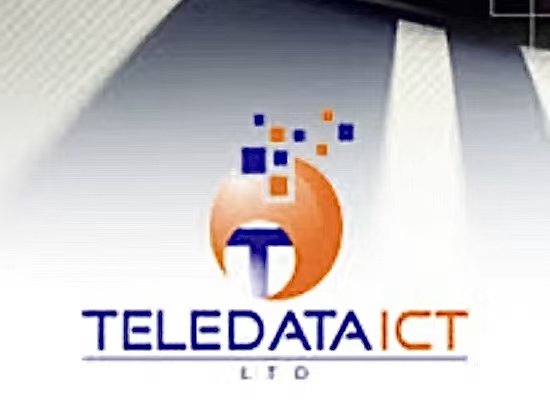- Over 1,200 km of metro fibre across Accra, Tema and Kumasi, plus a carrier-class wireless network operating in eight regions.
- A values-driven, consultative provider founded in 2004, blending fibre, wireless and managed services to meet rising demand.
Teledata ICT Ltd Builds Depth in Ghana’s Connectivity Landscape
Teledata ICT Ltd, founded in August 2004 and headquartered at #10 Mensa Saba Road, Kokomlemle, Accra, has cemented its status as Ghana’s leading internet and telephone services company. It serves more than 2,000 business clients and 45,000 users, supported by a team of over 100 skilled Ghanaian professionals.
At the core of its offering lies an extensive network: over 1,200 km of metro fibre spanning Accra, Tema, and Kumasi, complemented by a carrier-class wireless infrastructure using licensed 3.5 GHz and license-exempt bands across eight regions. Services include fibre-to-premises, IP telephony, event technology, managed support, and tailored business solutions—all delivered with accessible customer channels like phone, WhatsApp, web chat, email, and callback services.
Teledata’s mission—“We Connect People to Enable Progress and Make Lives Complete”—is more than a slogan; it guides a highly consultative sales philosophy. They reportedly listen carefully to client needs, offer solutions at the right price, and maintain process-driven delivery that prioritises service quality and uptime, not just speed.
Also read: Teledata ICT widens Ghana’s fibre footprint
Also read: Splizr Networks: South Africa’s emerging ISP
Teledata ICT Ltd Meets Ghana’s Connectivity Challenges Head-On
Ghana’s connectivity market is dynamic and demanding. It faces mounting traffic, growing reliance on cloud services, high power costs, regulatory complexities, and the need for network redundancy beyond urban cores. Businesses expect clarity in SLAs and reliable, predictable timelines for deployment.
Teledata’s hybrid model—underground fibre complemented by fixed-wireless access—addresses these challenges head-on, providing resilience and broad geographic coverage. This blended infrastructure is ideal where fibre deployment is delayed or geographically constrained.
Further enhancing their competitive edge, Teledata has implemented advanced caching technology to conserve bandwidth and improve service. Deploying CacheBox appliances from ApplianSys, the company notably achieved around 40 % bandwidth savings—critical in a market marked by costly undersea bandwidth and competitive pressures. These efficiencies have allowed Teledata to scale to around 30,000 users while marketing improved service reliability.
The Ghanaian ICT Industry: Trends, Challenges, Innovations
Ghana’s ICT landscape is expanding rapidly, driven by increasing digital adoption across sectors. However, challenges such as infrastructure bottlenecks, expensive international bandwidth, regulatory delays, and electrification hurdles persist. To overcome these, providers are exploring hybrid delivery models combining fibre, fixed-wireless and satellite, investing in caching and redundancy, and adopting consultative customer engagement strategies.
Teledata stands out by integrating these strategic responses—leveraging a robust blended network and customer-centric service delivery—oriented around values like integrity, empathy, leadership, curiosity, excellence, risk-taking, honesty, and lifelong learning.

